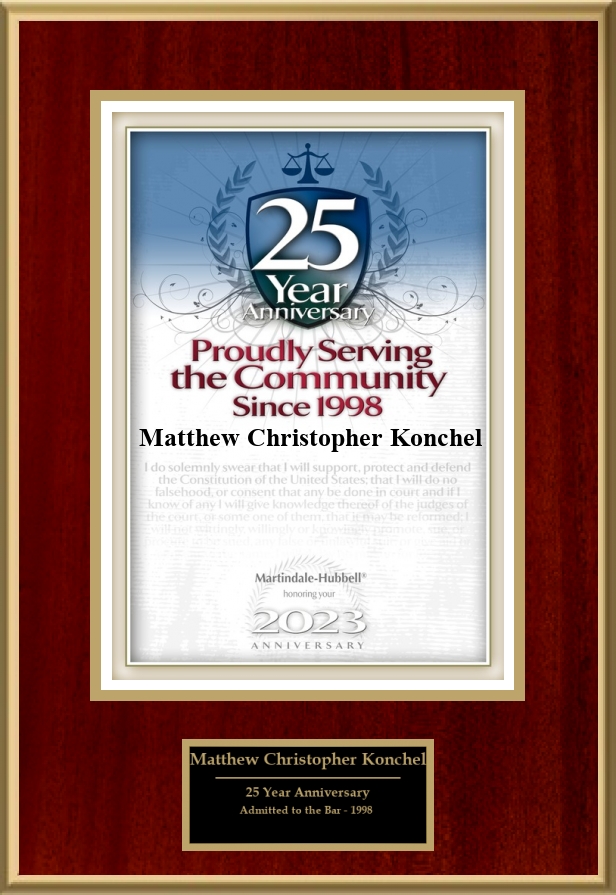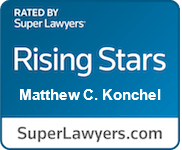Business Entity Formation
Ready For Greatness
Imagine this: You have a GREAT business idea and you’re ready to get going.
What do you do next?
What you should do next is decide what type of business entity is ideal for what you are wanting to do and accomplish. Choosing the proper business entity for your business is vital to the success of your business idea.
With almost no exception, the best course of action is to organize as some type of legal business entity, not as a sole proprietor.
Do you want your home, personal bank account, and retirement savings on the line for a business liability? If the answer is no, then you do not want to be a sole proprietor.
What Type Of Entity Is Best For Your Business?
Many factors come into play when deciding what type of entity is right for your business: the extent of protection from personal liability that you are seeking, the desired tax treatment of your business profits and take-home income, management structure, whether you anticipate adding future equity partners, capitalization, and more.
State laws determine how particular entities should be set up and conduct their business. These laws are very specific and set out the legal responsibility of each business form.
In addition, depending on your county and locale, other taxing authorities and regulatory agencies may also have regulations with which your business must comply.
We Turn Over Every Stone
We ask you the questions you may not even know to ask so that you do not worry that you are missing something.
And then we discuss your options with you in a way that allows you to know you are making informed decisions about the common questions that come up with proper business planning:
A Quick Debrief On The Most Common Business Structures
Free Report:
No Time For Expensive Business Mistakes
Learn the 6 common mistakes families and small business owners make when hiring an attorney, and how to make the smart and loving choice for your family and business.
Enter your first name and best email address and we'll send you the free report to educate, inform and empower your choices.















Services
Copyright © 2025 Konchel and Associates, P.C. All rights reserved | Privacy Policy | Cookie Policy
DISCLAIMER: No information you obtain from this website or its content is legal advice, nor is it intended to be. You should consult an attorney for individualized advice regarding your own situation. No attorney-client relationship is intended or formed by your viewing this website or downloading and using the content, forms, tips or information kits found on this website. No attorney-client relationship is intended or formed without a fully-executed, written agreement to enter into such a relationship. Client testimonials or endorsements do not constitute a guarantee, warranty, or prediction regarding the outcome of your legal matter.

